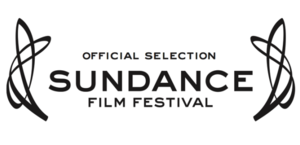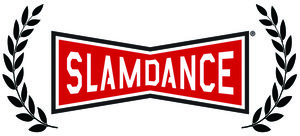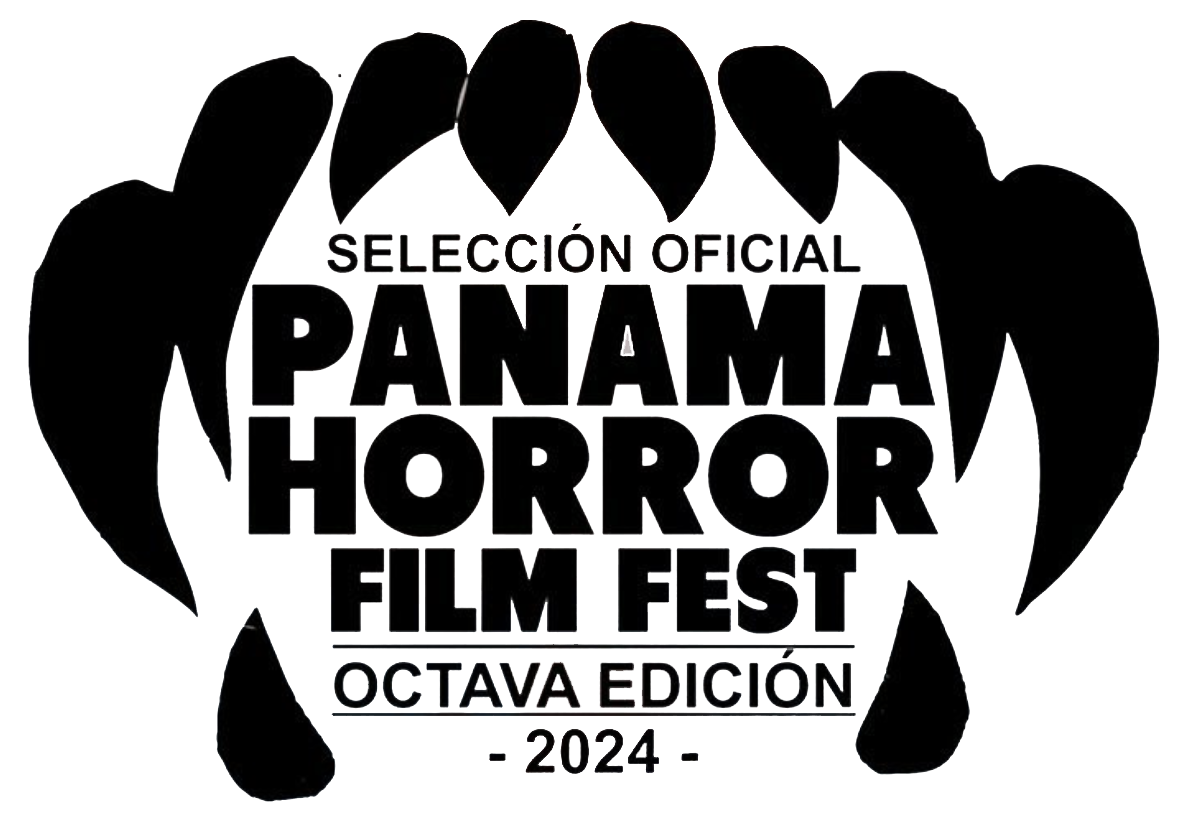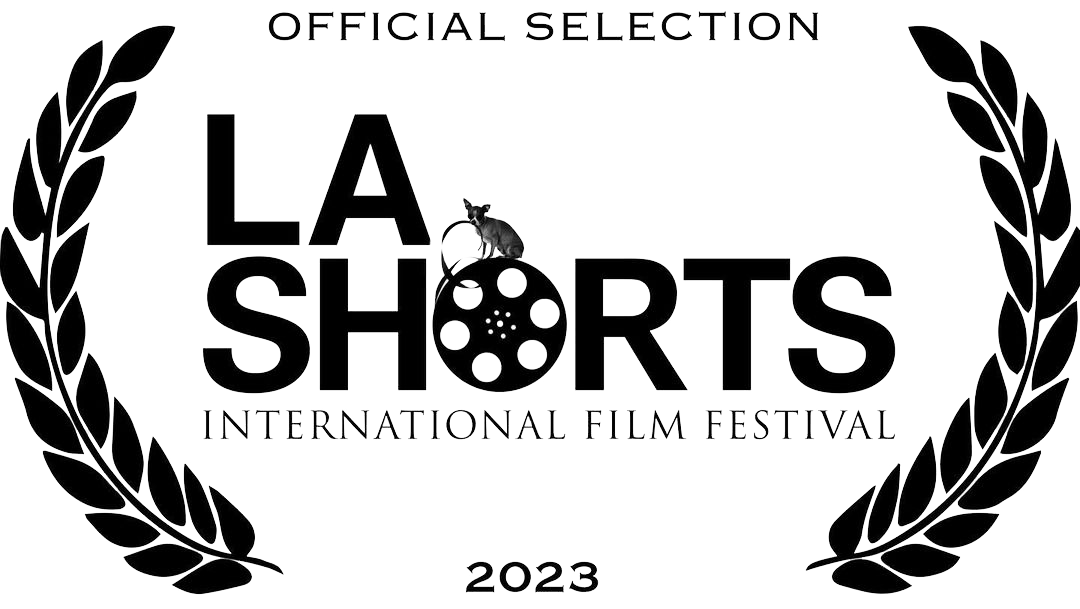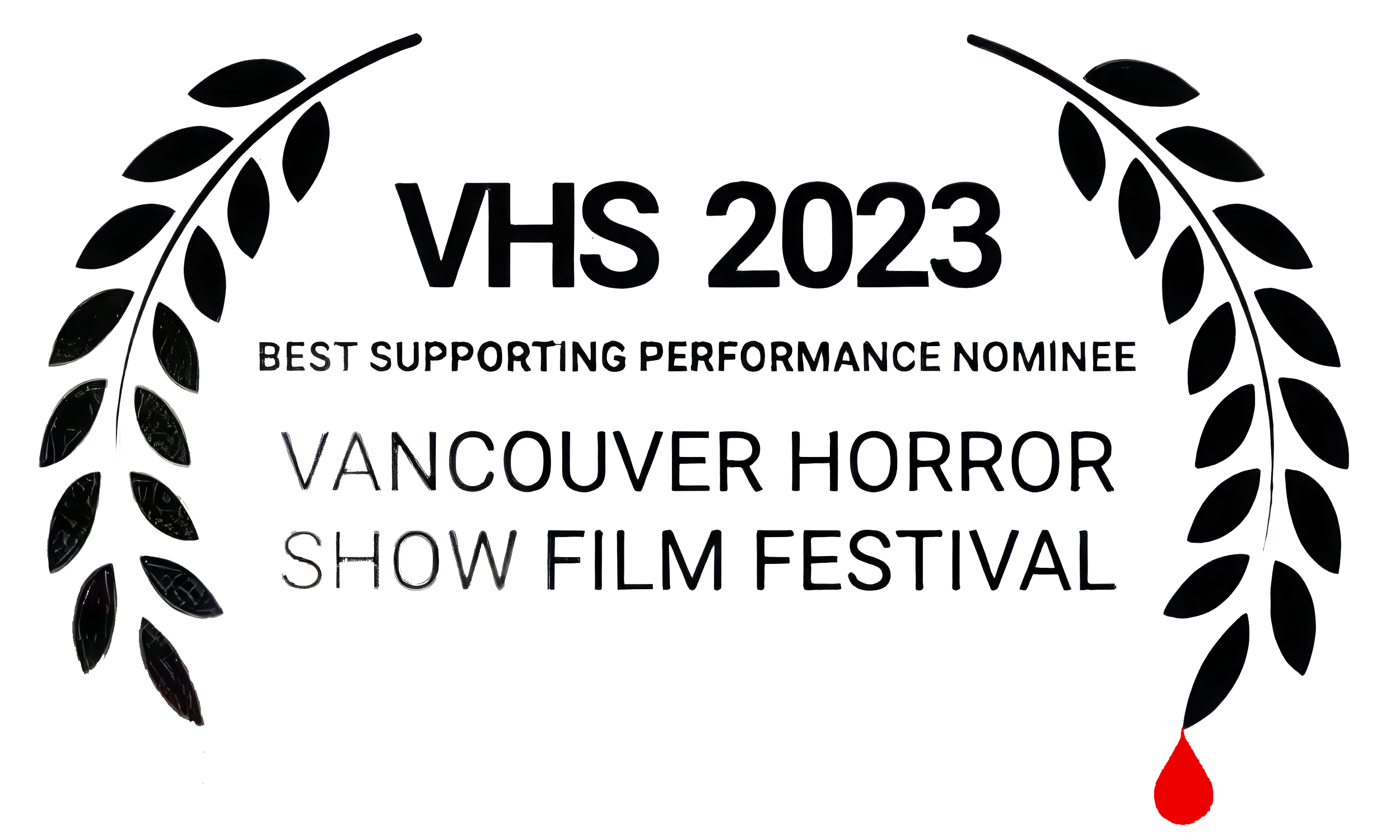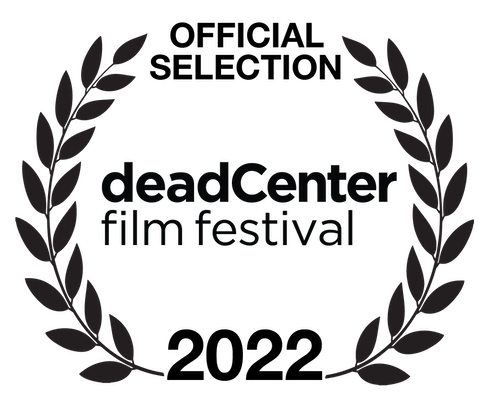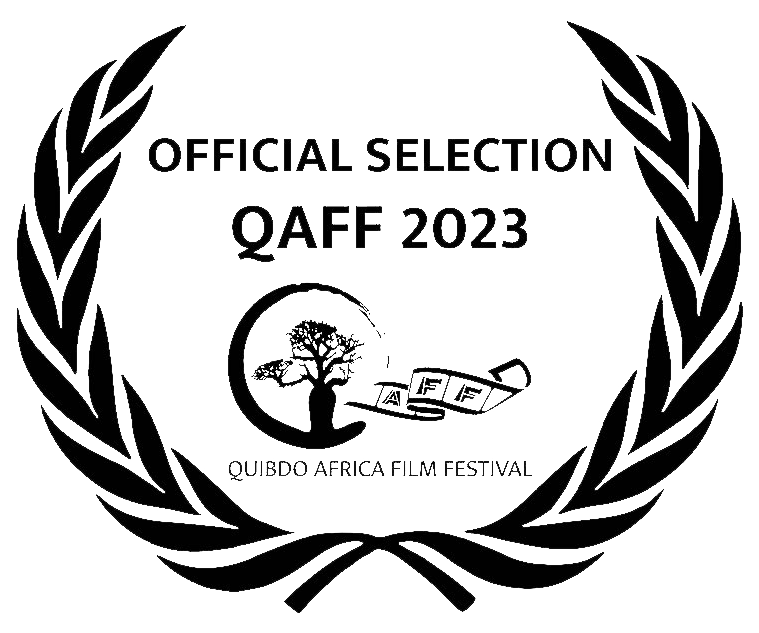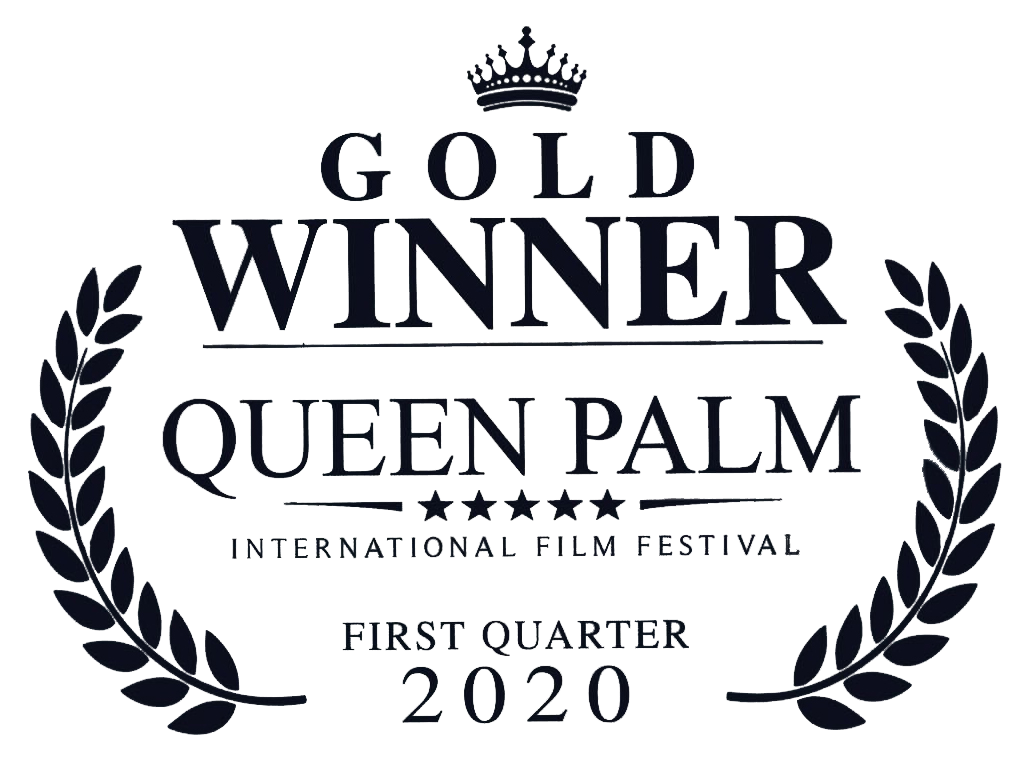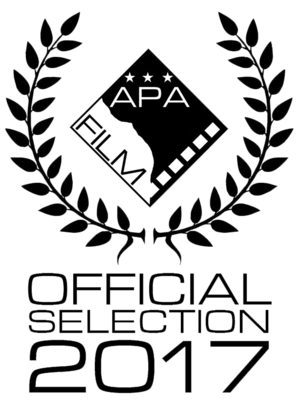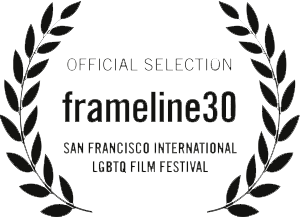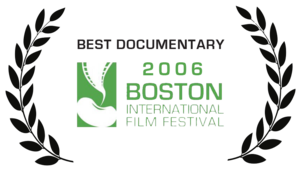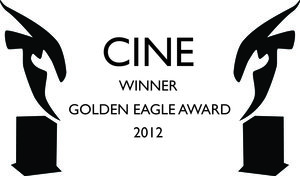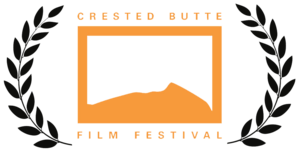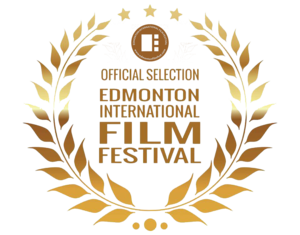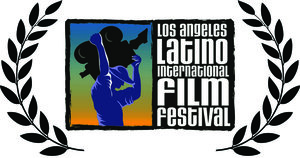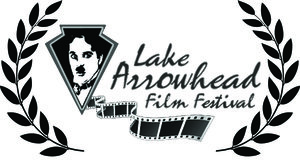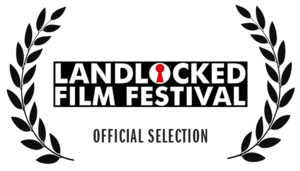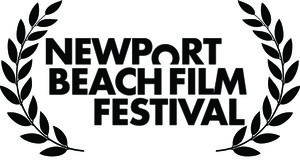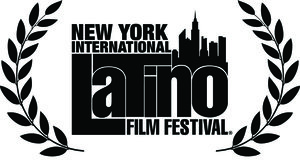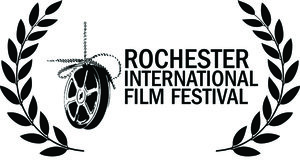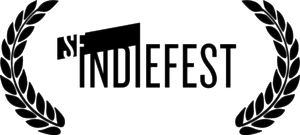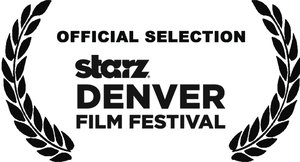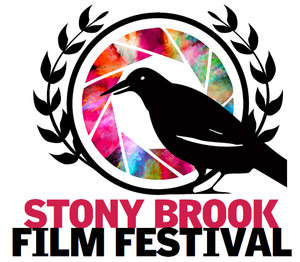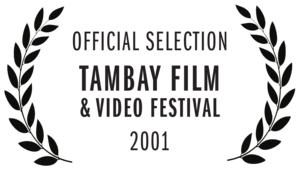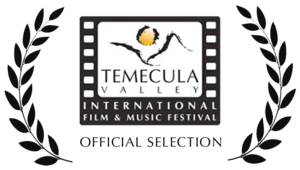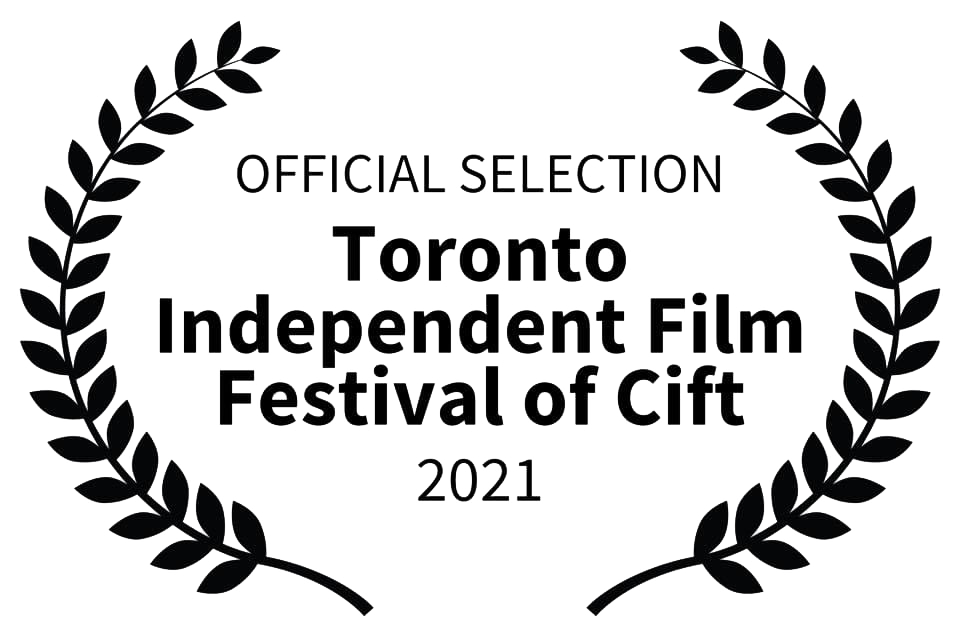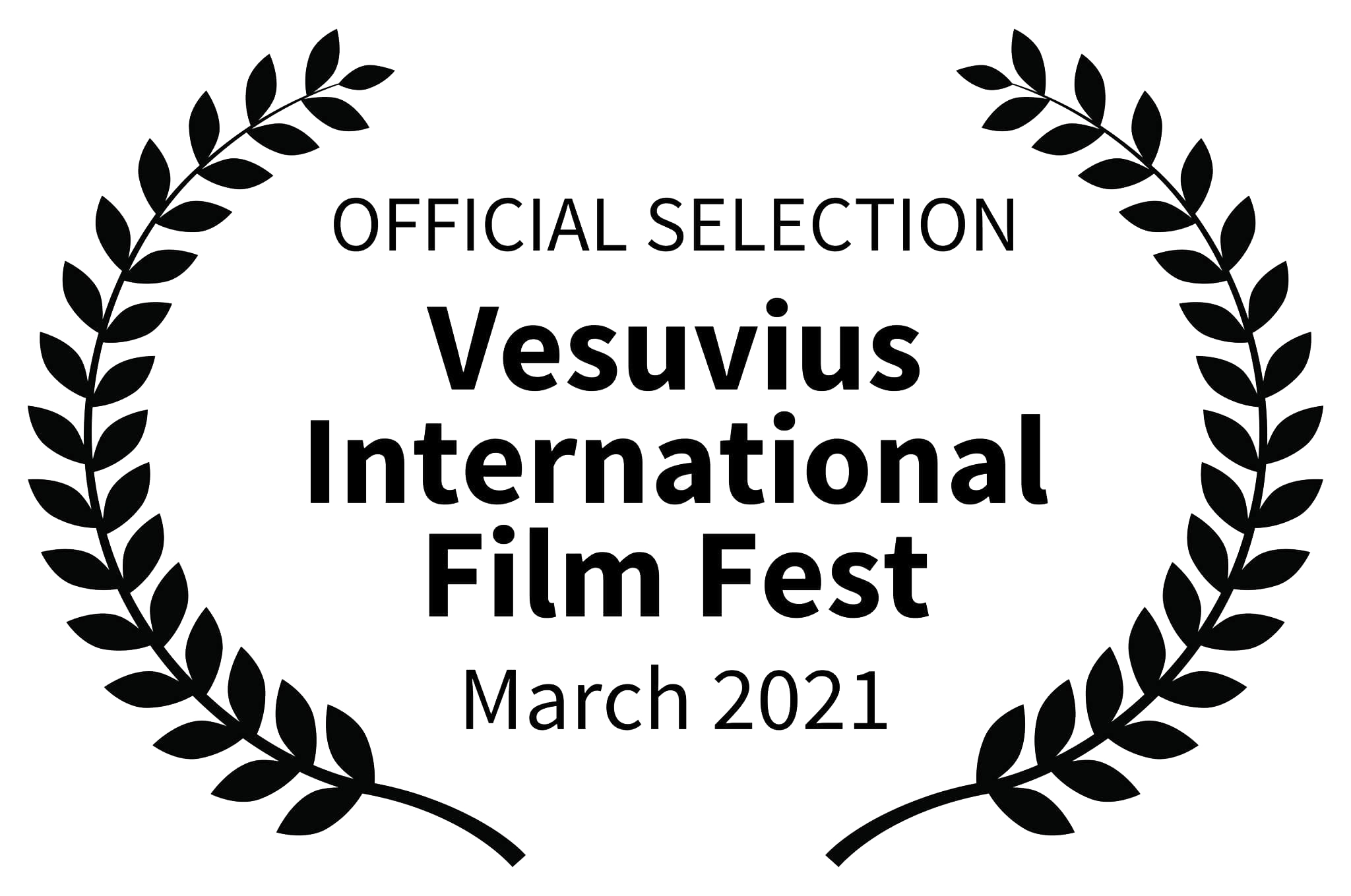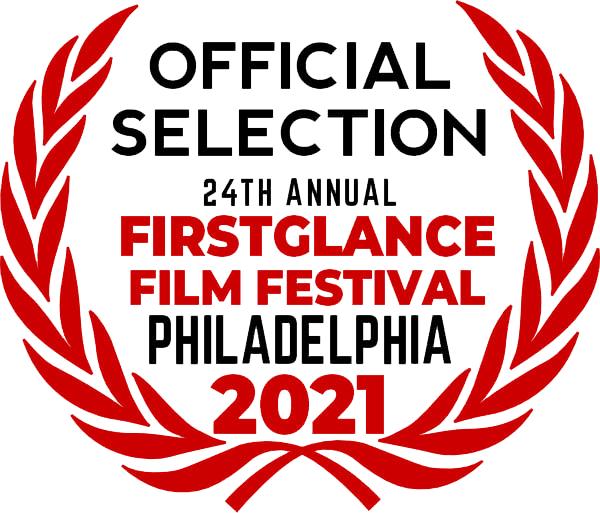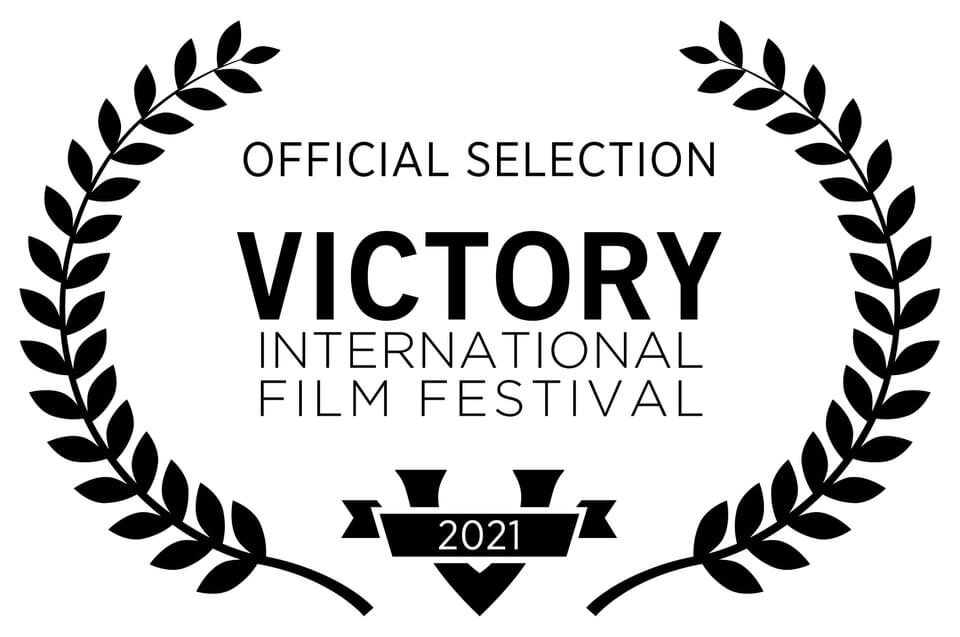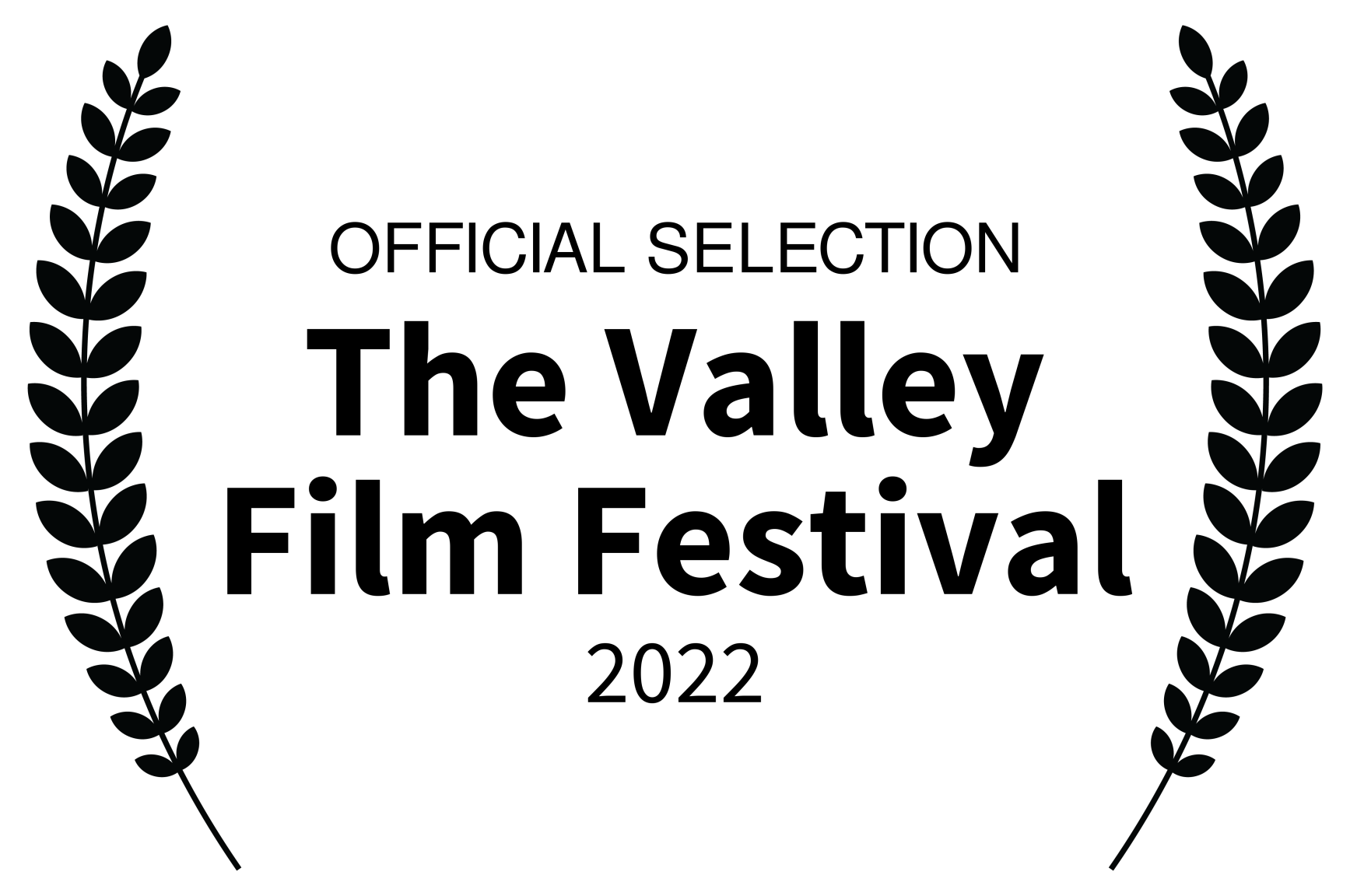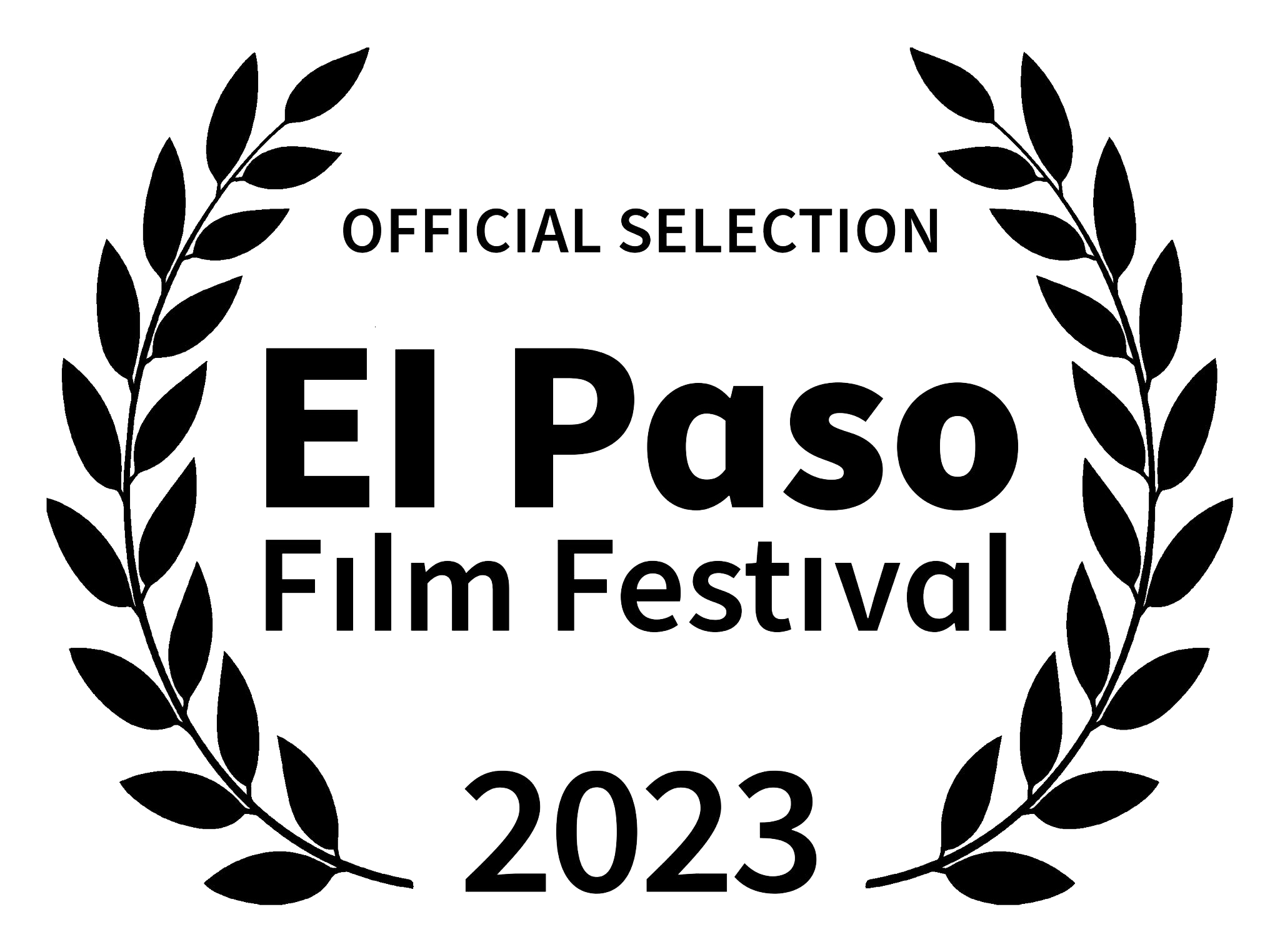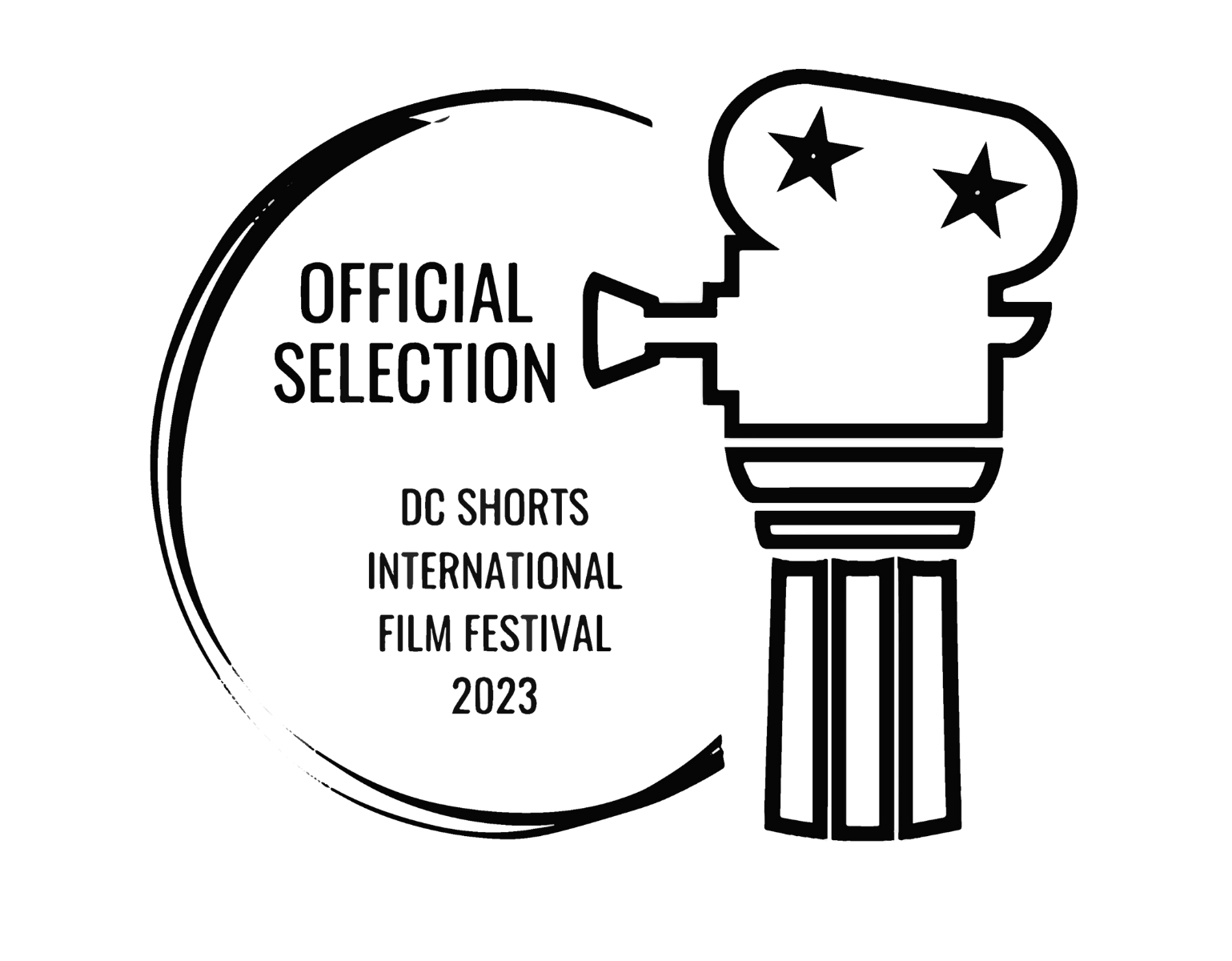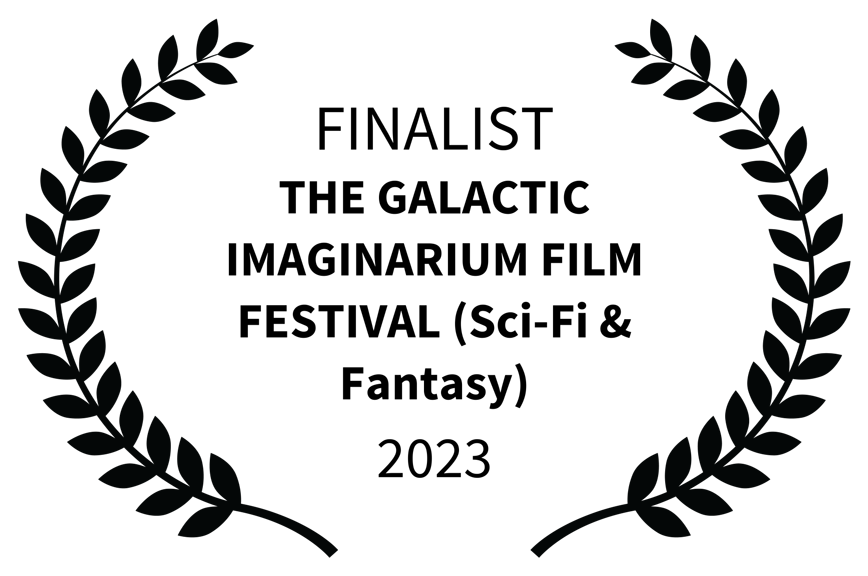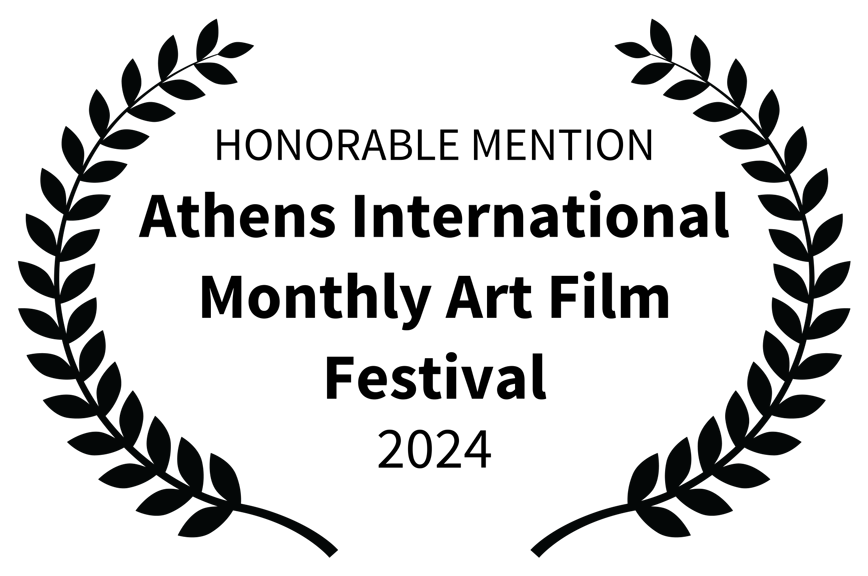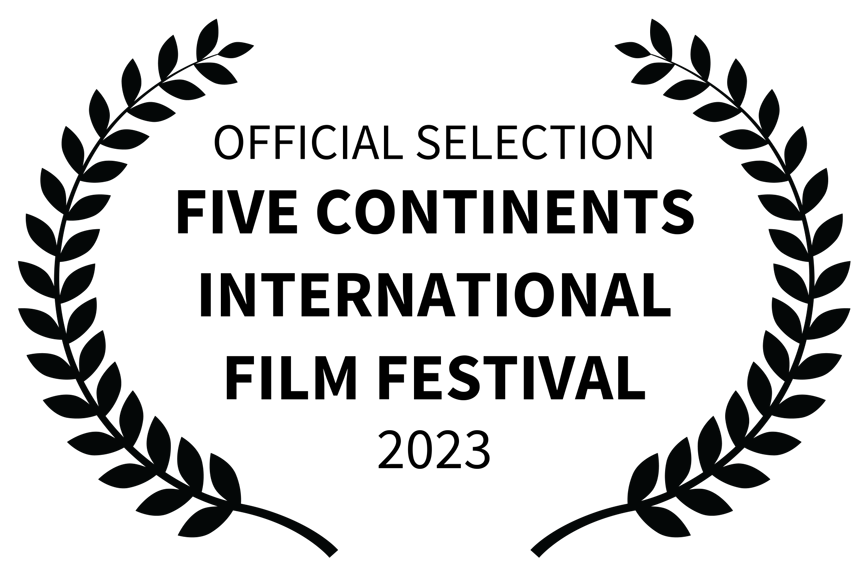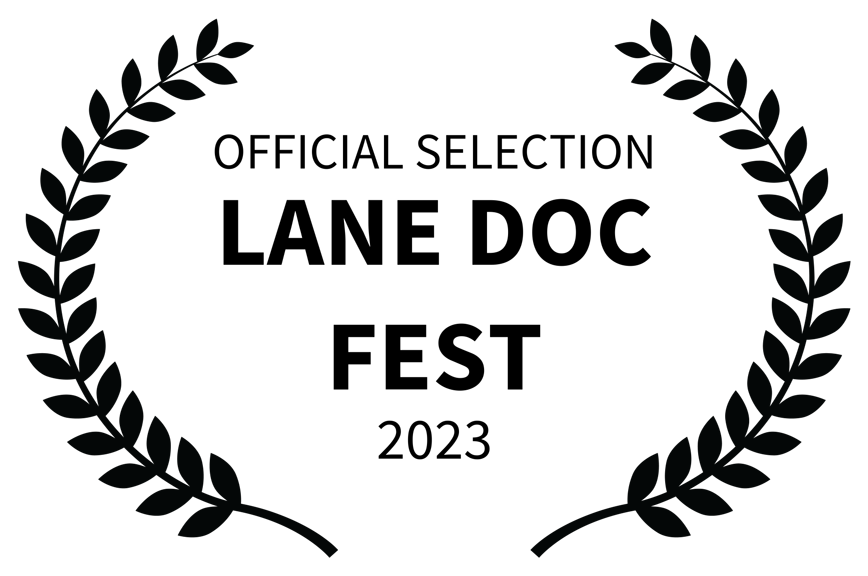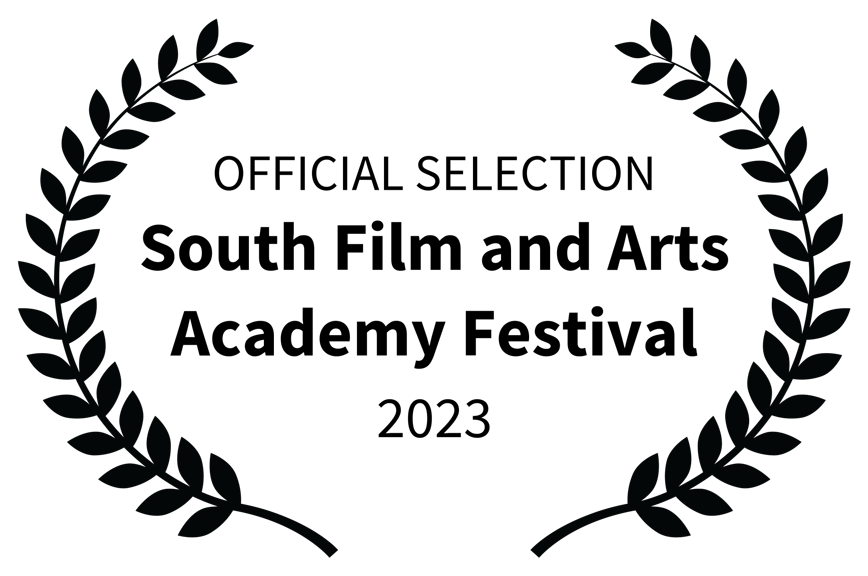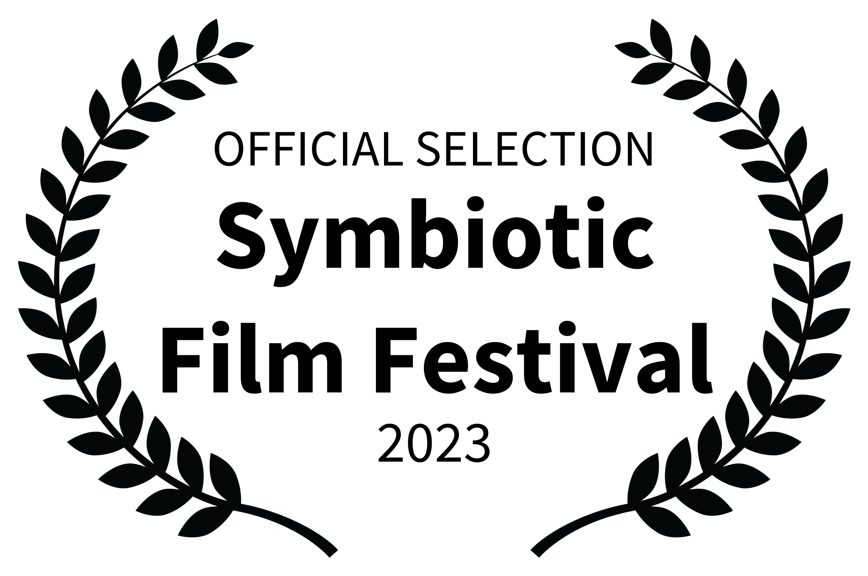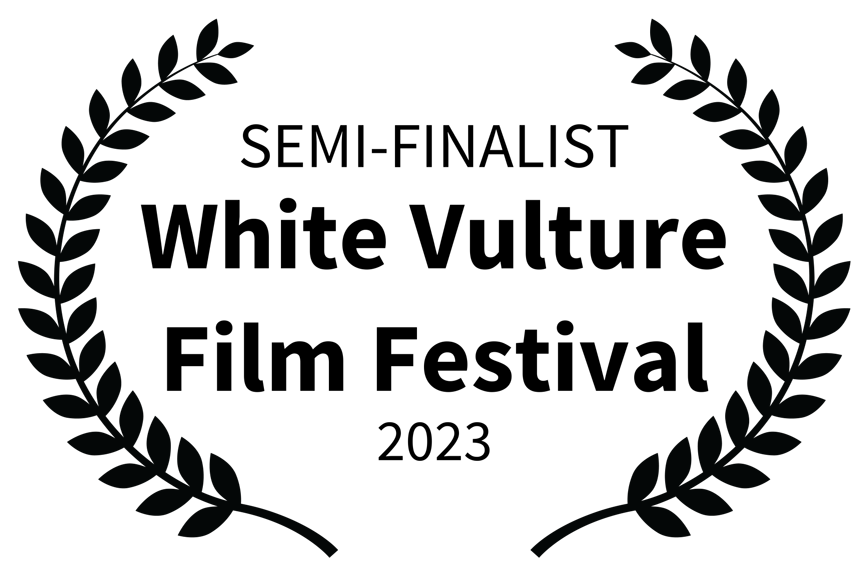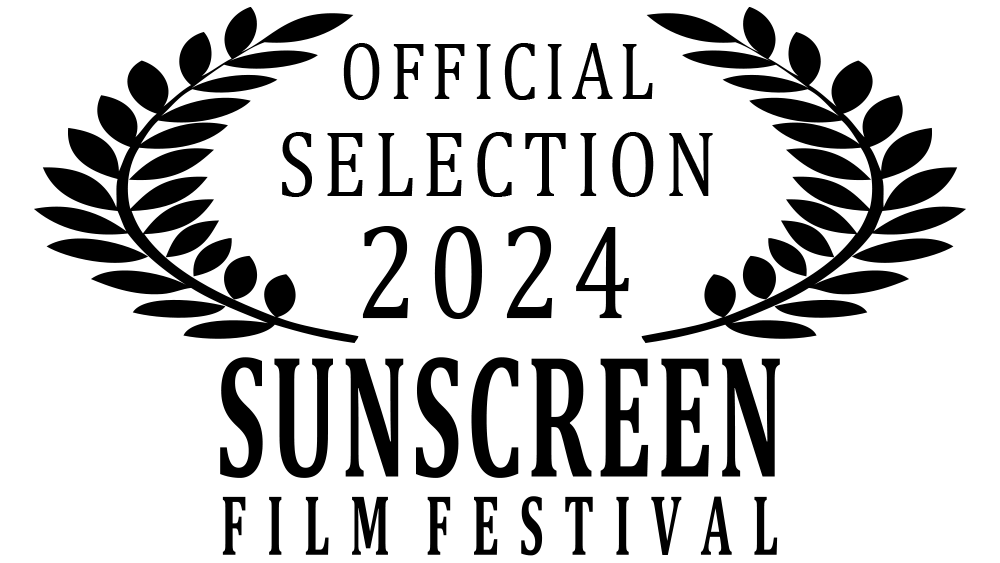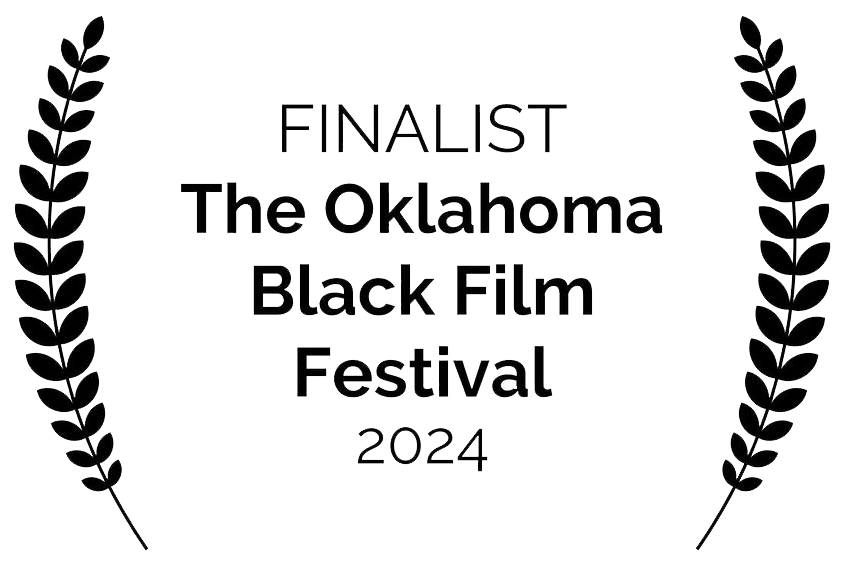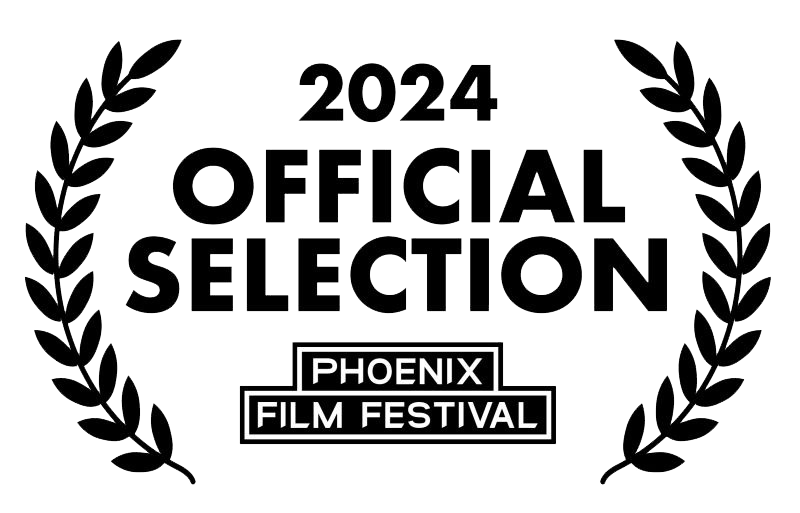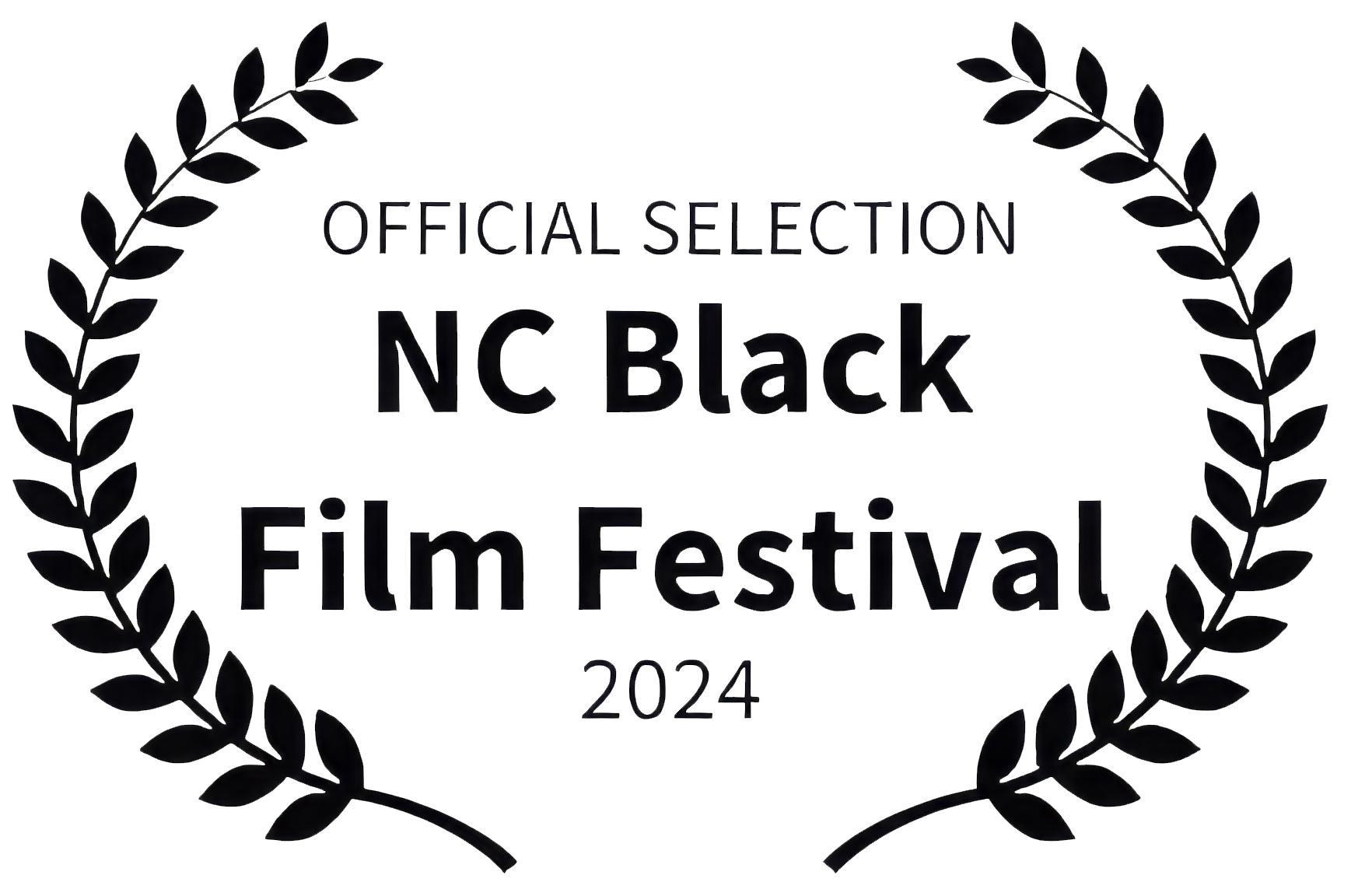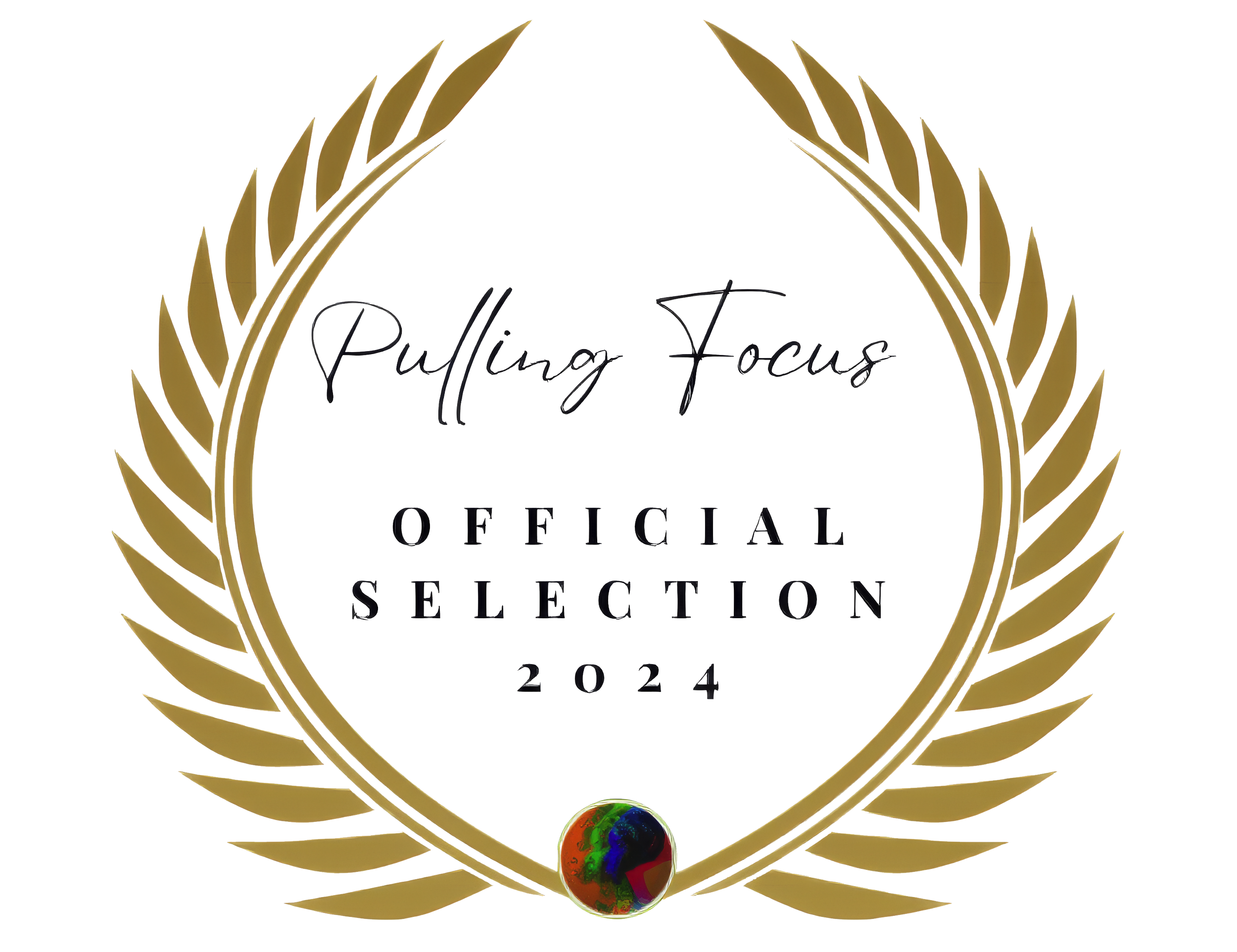COMPOSER FAQ
If you've landed here, it's likely you asked me one of the common questions answered below. Check 'em out.
What studio gear/sample libraries/monitors should I buy?
I've been around dozens of studios—whether to work, to troubleshoot, or just to hang out. Each one is a little different. You need to spend some time, if you haven't already, figuring out what setup and workflow is best for you.
Having said that, I'm happy to add that these days the leading makers of music gear (hardware and software alike) almost all offer strong options for you to consider. You can still go wrong, but it takes some doing.
For film scoring, you want the most powerful computer you can afford, equipped with a digital audio workstation with strong MIDI capabilities. Digital Performer is what I use, but Logic Pro, Cubase, Pro Tools*, and several other companies offer competing products used regularly by working professionals.
You also need some sounds. Which sounds you buy really depends on the style of music you're doing (and your own preferences), but you'll want to start with a solid all-around orchestral library (by makers such as Cinesamples, Spitfire Audio, Vienna Symphonic Library et al.) and one or more software synth modules (Omnisphere is ubiquitous in the industry, primarily because it's just incredibly good—but there is a dizzying array of options here).
A working composer will quickly accumulate dozens, if not hundreds, of go-to sound sources. Many of them will be proprietary "secret weapons," custom sounds created in-house or by a boutique custom manufacturer like The Unfinished. Depending on how elaborate your studio rig is, you may need one or more server computers to handle all your sounds. Some composers have as many as 20 of these ancillary computers, all of which play back sounds and feed them into the main computer. Keeping this network running smoothly is almost always accomplished these days by a piece of software called Vienna Ensemble Pro (which is made by the same people who make the aforementioned Vienna Symphonic Library samples, but VEP is a separate product, and will handle pretty much any sample platform or software synth).
Your finished product will benefit by using mixing and mastering tools like iZotope Ozone, a FabFilter bundle, or one of any number of competing products, but you can do a thoroughly creditable job using only the mix tools that come with your audio workstation software. Logic Pro is particularly strong in this area; their ‘basic set’ of plug-ins are more than adequate for nearly anything you’d want to mix as a beginning composer.
And now a word about music notation software. From time to time I encounter someone who uses their notation software to create a finished audio product. This has been a very, very bad idea until quite recently. Dedicated music notation apps like Sibelius and Dorico (and, until August 2024, Finale) have traditionally had as their mission the creation of beautiful printed scores and parts. Any playback capability was really just a crutch for the person doing the music notation. Now, though, helper apps like Note Performer have brought expressivity and nuance to the playback from the written score. Although to my ear they aren’t nearly good enough yet to deliver as a finished product, or even as a mockup for filmmaker playback and approval, things are converging quickly… and the pace of that technological change is happening faster than ever.
On the hardware side, your setup depends, first and foremost, on how much recording you do as part of your process. If recording musicians is fundamental to your process, you'll want to create a space for that, with a decent mic cabinet, mixing board, wiring, outboard gear, etc. If your recording sessions are less frequent (maybe just you recording yourself playing in a guitar line or the occasional vocal track), you can probably get away with "mouse mixing" and a good all-around mic.
A good pair of near-field monitors, and some rudimentary acoustic treatment of your workspace, are essential. People tend to get extremely opinionated and picky about the former, and to completely neglect the latter. I recommend that you pay attention to both. A $25,000 pair of speakers will still lie to you if your room itself sounds like crap (to put it in technical terms).
Last thing: I can't stress enough how important it is to have a comfortable, high-quality studio chair. If all goes well, your rear end will become extremely well acquainted with that chair, as you work constantly on hit show after blockbuster movie after AAA game release. A cheap chair that doesn't support you properly is a recipe for pain—the kind of pain that will bring your productivity to a dead stop at the worst possible moment. I couldn't be more serious about this. I'd rather lose half my sample libraries than my task chair.
*Pro Tools is the standard for post production audio mixing, but its MIDI functionality has historically lagged its competitors.
What is the average number of tracks for an effective demo? Is it better to have a few styles on one playlist, or a few separate playlists you can direct clients to, depending on their needs?
I'll start my answer here with an "old geezer" comment: It's funny to me that this question is phrased in terms of playlists. A generation ago we were talking about demo reels on CD or DVD. Again, the world is changing fast.
It's a double-header of a question, so I'll take 'em one at a time. First, number of tracks. When I'm creating a demo I think in terms of overall length of time I'm asking someone to spend listening to my music. My general demo video clocks in at 8:15, my general-demo audio playlist is about twice that length, at 16 minutes. I'd advise staying somewhere in that rough ballpark. Err on the short side; always leave them wanting more.
If your tracks average 90 seconds (which is a good average, btw—too long, and it's guaranteed no one will hang around to listen to them!), you're looking at something like 6-10 pieces of music. If you don't have that many pieces of music that present you at your absolute best, then you obviously have some work to do. On the other hand, if you feel you have way too much material that you want to include, then you have a decision to make: Either get ruthless and exclude cues, or do some music edits to shorten the cues so they'll all clock in at a reasonable overall duration.
***
Onward, then, to Question Two. I like to keep a general demo available at all times (see the link above), and to update it as needed to reflect a) my musical sensibility and b) my highest-quality material. I probably swap out cues every few weeks; if you're not constantly creating new material, that might be more frequent than you need.
Then, when I'm up for a particular gig, I like to do a project-specific demo, that includes music that I reflects my initial ideas about what might work well for that project. This usually includes music that's composed specifically for the demo, with as many live musicians as I can afford. If you're serious about landing the gig, this sort of approach is mandatory at a certain level.
I used to use “hidden pages” for these demos (i.e., pages on my website that aren’t listed on the navigation, so you have to know the URL to access them). I’ve now moved to Reelcrafter to host practically all my demo materials. They’re a subscription service, as are most things these days, offering an easy-to-use interface for designing and managing your demo pages (and more). Their analytics offer extremely granular information on who is listening to your demos, for how long, from what location, etc.
So, instead of the "few separate playlists" that the question mentions, I'm doing a new, separate Reelcrafter page and playlist for each potential gig. It's better in terms of exclusivity and custom-fit, and quite easy to set up and to manage.
Demo-land can be taken to extremes, and it can become an end unto itself… especially if you don't have any other work at the moment (and you have video-editing software at your disposal). I know of a composer, who shall remain nameless, inviting producers over to his house "just to hang"—then, when they arrived, there just happened to be a full orchestra there to play the composer's ideas for the show he was trying to land.
No, it wasn't me. And no, the composer did not get the gig. Which just goes to show you that a demo, even an amazing one, can only get you so far.
How do I find work as a composer?
First off, get to know the players in the game. And by that, I don't mean composers (although it's nice to know your colleagues, too). I'm talking about filmmakers. Producers, directors, editors, music supervisors… anyone and everyone who can either hire you or sing your praises to someone who can hire you.
Being fun to hang out with is a huge chunk of the battle. Unless you are universally recognized as being brilliant (along the lines of, say, Bernard Herrmann), you need to develop the social skills necessary to interact with the gatekeepers.
Next, show up where the filmmakers go—festivals, conventions, anywhere and everywhere you can think of where an up-and-coming filmmaker might want to hang out. Use that newly-honed charisma to strike up a genuine conversation, and you just might find that your sensibilities align. If you can find that, then the work will come.
In terms of targeting specific gigs, there are any number of free resources out there nowadays that you can use to track what's in development in the entertainment industry. Keep track of those projects. Read the trades. If you have connections at a network or a studio, use them.
Next: know yourself. Know the level of project that it's appropriate for you to expect to have a legitimate shot at landing. (Don't be afraid to aim high, and even take the occasional wild shot for the stars—but you'd better have the goods to back it up.) Then, well, go for it. Find the best "in" you can, work your network of connections, and get a demo on a desk. Be polite and cheerful yet persistent. Project confidence and make friends with the assistants—they can make you or break you.
Basically, everything you've heard along the way is true. It's impossible to "get in"… until the moment it isn't. Everyone has a different story about their lucky break, but they all boil down to persistence and talent and a little luck.
Also, if you're young enough, take up golf. (I'm not kidding.)
Do I have to live in LA to be a composer for films and TV?
Here's one where the answer has changed in the last decade or so. I used to tell aspiring composers they absolutely had to be in the LA area in order to work full-time as a composer for media. That's no longer the case—several friends and colleagues now work from New York, Chicago, Austin, Las Vegas, Nashville, Seattle, London, Vancouver, and elsewhere.
The one thing those friends all have in common, though, was that they made connections that allowed them to work in the city of their choice. And—you guessed it—most of those connections were made here in LA. It's to your advantage, professionally speaking, to be here as much as possible. Even if your legal address is somewhere else.
At a certain stage of your advancement as a composer, you're going to need to meet with people at the network/studio level. Those executives will approve your attachment to a given project. The executives are almost all here in LA.
By the way, the producers and directors who love your stuff so much, and who fight to get you on board their projects? They have to interact with these executives, too. So that means they're usually located here, as well.
Post production on projects of medium size or larger generally happens here in LA, so that might necessitate some travel on your part as well. Last but not least, premieres, professional gatherings, trade shows and award shows are all incredibly LA-centric.
So a certain amount of your career will happen in Los Angeles, whether you like it or not. If you absolutely must live elsewhere—for financial or personal reasons, I'd recommend another music-heavy town (like Las Vegas or Nashville) where the cost of living isn't quite so exorbitant. Buy a post office box here, so that "on paper" you can pass for an Angeleno. And figure the cost of frequent commuter flights into your budget.
How much should I charge for a gig?
Simple. Figure out how long it takes you to produce a completed minute of music, multiply that by the number of minutes of music for the film (or episode, if it's a TV project), then multiply by the amount you'd like to make per hour. That's your rate.
But.
The chances you'll actually get paid that amount—especially starting out—are vanishingly small. Keep in mind that your competition will gladly charge zero for their music. That's what you're up against. The value of music for media starts at zero. The only thing that changes that is you. Your creative voice. Your dramatic opinion. Your reputation as someone who gets the job done, on time and under budget, always. That's the only chance you have of rising above zero.
I think it's important, even if you're doing a gig for "friend prices," that the filmmaker knows how valuable the score you're providing actually is. So if you're doing it for a thousand bucks, you really ought to let them know that they're getting a $15,000 score. Or a $50,000 score. Or whatever.
Last word of advice here: People raise their rates when they can. When they're so in-demand that they have to turn down gigs. The increased composer fee, then, is a means of figuring out which gigs to turn down. Set your rates, but be ready for the phone not to ring if you've priced yourself out of your reasonable market. This town is absolutely cold-blooded about letting you know where you stand.
Will you send one of your contracts for me to use as a sample/template?
No.
But you can find all kinds of sample contracts with a reasonably clever Google search or two. And if you want to understand what all that legal jargon means (and you really should, you know—no one will ever care more about covering your ass than you will), you could do worse than picking up a book or two on the subject. Classics in the genre include All You Need to Know about the Music Business; Music, Money and Success; and This Business of Music. There are many others, and some include sample contracts for your own modification and use.
Is there an online film scoring community I can join? What about a real-world one?
As it turns out, there are several. As of this writing (late August 2017) the ones I think are particularly worthwhile include the ones below. A quick Google search should find the web pages. Also note that, even though many of these are closed groups, if you're serious about this career you're likely to be allowed to join. Don't be deterred.
On Facebook alone, you'll find:
Perspective: A Forum for Film, TV, and Media Composers (closed group—professionals only)
V.I. Control (gear discussion page with an emphasis on Film/TV music)
Film Scoring Network for Composers and Filmmakers (public group)
Hollywood Film, Television, and Interactive Scoring Community (closed group—professionals only)
Other online resources and communities include:
Society of Composers and Lyricists
Academy of Scoring Arts
American Society of Music Arrangers and Composers
The Film Music Society
…and the list goes on. New ones spring up constantly; I'm sure I'm leaving out several already.
In addition, I'd recommend joining one or more Facebook groups or websites for your DAW of choice; most major platforms have them, and they can be invaluable resources when the inevitable glitch, crash or bad software update occurs. By the same token, nearly all sample library manufacturers have some sort of online community. You can often get discounts on new libraries simply by "liking" their Facebook page or subscribing to their mailing list.
If you're a graduate of a college, university or other music program, it's probably to your advantage at least to be in touch with your alumni group, as well. Speaking of which…
Should I go to film music school? If so, where?
That depends. Do you think you need to go to film music school? The mechanics of synchronizing music to picture can be taught in an afternoon. It's trivial, especially with today's DAW software, to find a tempo that works with a given scene. And that's just about the only specific thing you must know to put up your shingle and call yourself a composer for media.
Of course, there are a million other things you should bring to the table. And you can learn those in a music program targeted for screen composing. The best program in the United States for several years running is the Composition for the Screen MFA program at Columbia College Chicago*; other programs include University of Southern California, Berklee College of Music, UCLA Extension Program, Seattle Film Institute, and New York University. New programs roll out every school year at colleges around the country (and around the world—international programs are gaining in popularity fast!), so you should do your own research here. If you're the type of person who benefits from a structured environment, these programs will help you achieve a well-rounded basic knowledge of the Industry before you go leaping in.
They also are useful for establishing your first contacts within the Industry—many studio-assistant gigs never get posted anywhere, because the composer finds plenty of well-qualified applicants from within the ranks of these programs.
Ultimately, though, the question you must answer for yourself is: Am I ready to start doing this for money, competing with others at my level? If you are, go do that. Spend the money you'd spend on school making an amazing demo reel.
*Full disclosure: I am on the faculty of this program as of Fall 2023. Coincidence? You be the judge.
Should new composers try their hand at different styles, or should they work to develop their own style?
The original post added a few additional sub-questions that expanded on this basic question, so I'll try to give a broad answer.
In the short term, of course, an aspiring composer just wants to work. Any gig, every gig, no matter what the creative brief. Becoming a jack of all trades, mastering every possible style, is a desirable goal in order to do that thing I've always preached to my students: facilitate your ability to say "yes" to a gig.
Meanwhile, everything you're listening to in order to write a quick cue for, say, a college marching band, or a gamelan ensemble, or a jazz trio, will enter your musical data bank. And eventually you'll take a little bit here, a little bit there, and form your own thing. Your locus of cool, as I call it. That is the beginning of your own style, and it takes time to develop. It's a long game, arriving at your own unmistakable musical voice. Many composers—most, in fact—never get there. But it's the real coin of the realm.
Think of the A-list composers you love. Each of them, I can virtually guarantee it, has a unique style that you can describe. Danny Elfman… Thomas Newman… John Williams… Hans Zimmer… the list goes on. You can tell it's one of their scores, whether or not you've ever heard it before.
If you originate a sound, then you own it. And any filmmaker who wants it has to come to you to get it… or hire a hack to do a soundalike, alas. But at this level you don't mind that, because those filmmakers can't afford you anyway.
Being pigeonholed, btw, is a luxury. People talk about it as though it's a danger, but it means you've worked so much, so successfully, that you're known for doing one type of thing. The most important part of that sentence is: you're known. The vast majority of composers would give nearly anything to be known! So immediately let's realize it's a good problem to have. It's also a problem you aren't going to have early in your career. If you're at the level of being pigeonholed, you're someone who is approached constantly for your services.
So you just take on a project you normally would pass on—do a low-budget period drama, for example, if you're known for big action stuff. It often requires taking a little less money, but not always. And you keep doing that until you either accept your pigeonhole, or you have success in a new genre. Note that at no point do you try to write music that "isn't you." Pigeonholing is a phenomenon related much more to genre than to musical identity.
tl;dr: You should ideally do both: Master as many styles as possible in the short term—both to maximize your hireability, and to lay the groundwork for developing your own style in the longer run. And don't worry too much about getting stuck in one style or genre. It's a problem for waaaaay down the road.
How many revisions should I be expected to do on a cue?
This one's easy: As many as it takes.
There are all kinds of reasons you'll be asked to revise a cue: picture changes requiring technical/timing adjustments; a desire to emphasize a given aspect of the drama on screen; disagreements between the filmmakers themselves (or a particular filmmaker's mood on a given day). And dozens more.
At some point you will ask yourself: Is it me? Am I just missing the point here? Do they hate me? Maybe it is, and maybe you are, and maybe they do. But it doesn't matter. A large and difficult part of your job—a part that no one really talks about—is the necessity of caring passionately, deeply about every note, every rest, every dynamic marking… and then being absolutely willing to throw them all away, with no offense taken, if the filmmaker shows even the slightest inclination of displeasure.
(Truth is, it's possible no one is to blame. It's not always the mercurial, inconsistent director or the five producers who can't agree on anything who are at fault when you're on your twentieth version of 3m6. It might just be that your creative sensibility is irreparably different from theirs. If that's the case, then it's your responsibility to bend… or walk. Figure out how to give them what they want, while maintaining your own integrity… or wish them luck and leave the project.)
The decision to sign on as a composer must not be undertaken lightly, then, even if you're ready to jump at any chance to work. This question is one reason why. You can get absolutely buried in revisions if you're not careful, and you have only yourself to blame.
Trust me on this. Literally two nights ago I was involved with a conversation in which an editor on a major network television show mentioned that the show's long-standing composer was dumped because, in the editor's words, "he just fought too much." There's literally no time for that, especially on television shows. A showrunner has approximately five thousand decisions to make every day, just to stay afloat. Telling a composer to revise a cue is just one of those decisions. It's par for the course, and a seasoned composer will know not to take it personally.
If, however, that showrunner has to stop everything in order to have an argument with the composer, it's a sign that the composer will soon be gone.
Here's a guy who knows a thing or two about how to keep a client happy… the legend himself, Mike Post, was once asked what he does when one of his producers doesn't like a cue. His answer: "Next!" Just toss the music and start over, without copping an attitude. And he's done pretty well with that philosophy.
With very few exceptions (and you aren't one of them), media composers not haute-cuisine chefs. We're short-order cooks. If the food gets returned, you make the order over the way they want it. End of story. If you don't like it, go create your own show. Then you can have whatever music your little heart desires. Until then, though, stay in your lane and cultivate your willingness to discard even the best music you've ever written. With a smile on your face. That's the job.
(But definitely save that incredible cue for your demo reel.)
How do you begin developing musical themes/motifs for characters, themes, or moments?
Ask a dozen composers this question and you'll get twenty different answers. For me it's like climbing a rock wall: in the beginning there's (almost) always something—a line, a shot, a scene between two characters—that sparks something in my brain. That "something" is hardly ever a fully-formed idea. It's usually just a tiny little finger hold, to continue the rock-climbing metaphor. But it does suggest some possibilities. Even more importantly, it eliminates a bunch of others (working subtractively can be a real life-saver when you're stuck!).
I also am a fan of non-musical associations; the weirder the better. If this main character were a breakfast food, what would they be? If this scene were a car, what make, model and year? This sort of mental exercise accomplishes a few things: it forces me to think abstractly about the material; it removes any penalties for being wrong; and it distances me from actually having to commit to writing any notes… yet.
(That last one can be dangerous, so one must be careful not to stay in this mode for too long—achieving completed, approved minutes of music is the goal, so one's detour into The Wonderful World of Imagination must necessarily be brief.)
Having come up with the germ of an idea (a rhythmic motif, a snippet of a theme, a harmonic progression et al.), it's time to utilize all the compositional tools at one's disposal to develop it, and to apply what has so far been developed in the abstract to actual scenes in the project. Here the process diverges even more wildly by composer. Charles Bernstein teaches the emotional connotations of various intervals as a basis for constructing themes; Hans Zimmer speaks in interviews about the importance of the bathtub to his inspiration (followed by sleepless weeks toiling away in front of his wall of synths). Another of my old USC instructors, Jack Smalley, kept notebooks full of serialist tone rows and their various permutations, just so he would never get stuck for which note to write next (his argument being that "the notes don't matter").
Developing your own method of "building out" an entire score that demonstrates dramatic cohesiveness is a fundamental part of your style—and of your life as a professional composer. I'd advise reading as many interviews as possible to find out how various people approach the subject.
Last thing on this: the more musical input you have in your life—meaning the more stuff you've listened to and studied—the better and easier your output will be. Put simply:
You can only write what occurs to you to write.
Experiencing as many different musical styles and artists as you can will enrich the substrate upon which your brain builds its own original ideas. In other words, different and better things will occur to you as you go along. It's a natural part of the maturation process, but it only happens if you feed that part of your brain regularly and do the work.









